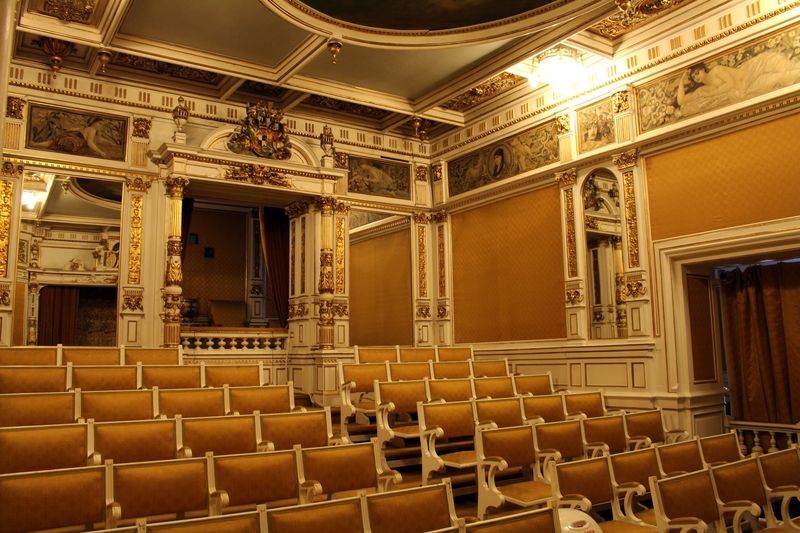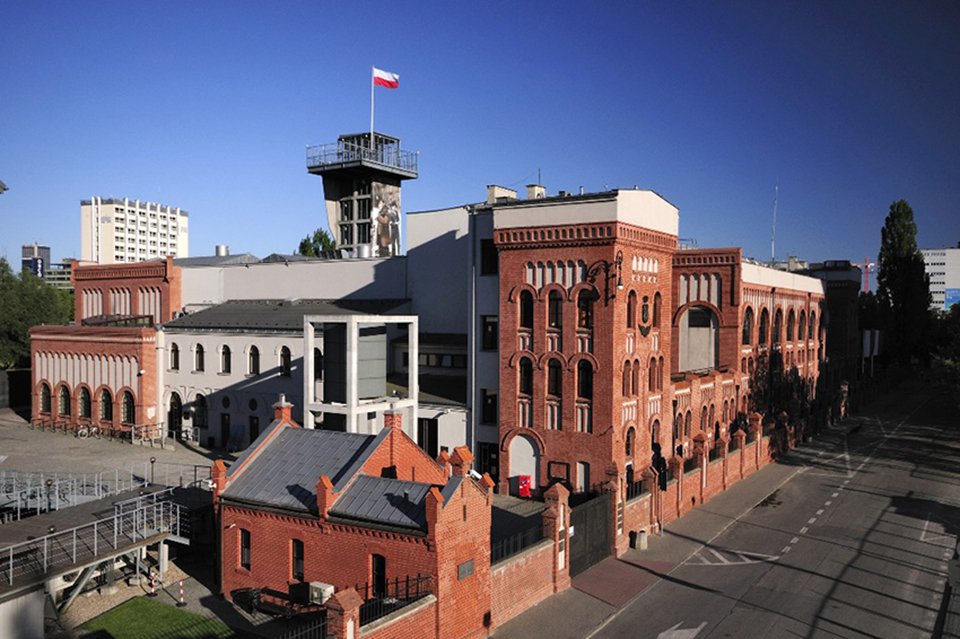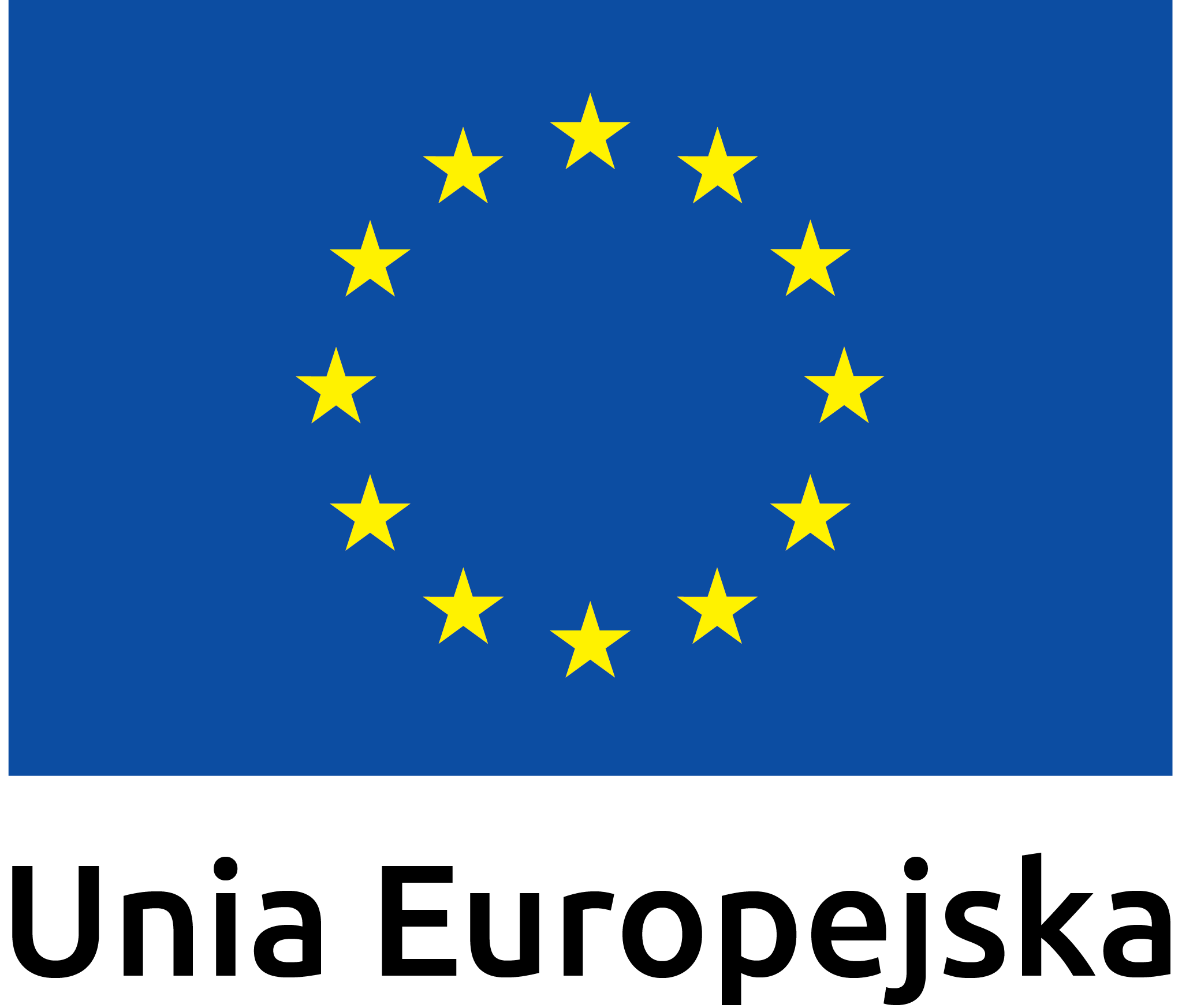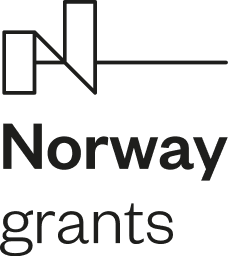Culture

If you are interested in culture, Poland has a rich heritage to offer to you. Museums, galleries, theatres, operas, cinemas – you can do something interesting every day. Would you like to discover local folk culture? In this aspect we also have a lot to give you!
Poland is a great blend of Eastern and Western influences, and we mix the aspects of traditional folk culture with the influences of contemporary culture created in large cities. This creates a unique and breathtaking collage. Here there is something for everyone. Taking active part in culture creation and reception is beginning to be popular among students in particular. And there is plenty to choose from. Polish contemporary art is becoming increasingly popular worldwide and in Europe it has been geting a great recognition for a long time. Our films win awards at international film festivals. But in our country you will find not only a lot of great film festivals, but also important international theatre and music festivals. The greatest stars of music, both pop and classical have performed on our stages, and in classical music we also have great achievements. After all, we are the country of Chopin! Poland is a truly CULTURAL country!

News
Film
Film art in Poland was developing parallely with movie industry in Europe. The first cinema was established in 1899 in Łódź. The projector used was, of course, the one of the Lumiere brothers. In 1908, the first Polish feature film was made (Antoś for the first time in Warsaw). Initially, mainly adaptations of novels and melodramas were shot, which enjoyed great popularity and brought fame to the actors playing in them. Especially after Poland regained its independence, in the interwar period, which was also connected with the rapidly emerging new cinemas – in 1921 there were 400 of them in our country, and in 1938 – already about 800! Already before the Second World War, the first Polish film with sound was made – Moralność Pani Dulskiej (The Morality of Mrs Dulska), which marked the beginning of a new era in the history of our cinematography.
After the outbreak of World War II, Polish cinema ceased to exist. The last national work from that period was the chronicle of defending Warsaw (The Chronicle of Warsaw Besieged) from September 1939. Poles, who had been so eager to stay in cinemas so far, stopped going there because they became a place of primitive Nazi propaganda. It was at that time that the famous slogan "tylko świnie siedzą w kinie” ("only pigs go to the cinema") came into being – suggesting that only collaborators still went to the cinema. Polish filmmakers were mostly active in exile, usually creating films with patriotic motives. Only chronicles of the Warsaw Uprising were actually created in Poland.
After the war, the communists came to power in Poland. They wanted to quickly rebuild cinematography, because they knew how good a propaganda tool cinema was. Even a special company "Film Polski" was established, which had the exclusive right to produce Polish films as well as to buy and distribute foreign ones. At that time the "Polish Film Chronicle" was created, which today is a fascinating source of knowledge for those who want to understand what the Polish People's Republic was like, but also for students of historical, cultural and film studies. But apart from propaganda films, also films referring directly to the fresh and painful experiences of the war and occupation were made. It was then that several outstanding works were created which have not lost their relevance to this day (among others: The Last Stage of Wanda Jakubowska's Life – about the extermination in concentration camps, and Aleksander Ford's Border Street – about the Warsaw ghetto). Unfortunately, with time communist censorship began to strengthen and it was becoming increasingly difficult to make ambitious and intellectually independent films. There were a few exceptions, but until the mid-1950s Polish cinema was in decline.
After the death of Joseph Stalin in 1953, censorship in our country slightly softened. That time was the birth of the Polish Film School. The term refers to a group of films and their directors. They made careers not only in Poland, but also in the world, as evidenced by the numerous awards they received. This group includes: Andrzej Wajda, Andrzej Munk, Kazimierz Kutz, Roman Polański, Jerzy Skolimowski, and several other directors. Films made during this period still impress students of film studies and cultural studies.
TThe last important period in Polish filmmaking industry in the People's Republic of Poland was the 1970s and the "cinema of moral anxiety". Once again, we had few outstanding directors who are still highly regarded all over the world. To this day, their names and the films from that period mean much in the film world - Krzysztof Kieślowski, Krzysztof Zanussi and Andrzej Wajda, just to name a few.
A separate trend in Polish cinema in the 1970s and 1980s were comedies and TV series in which the authors presented a critical and satirical picture of everyday life, despite the state censorship. The most famous directors of these films are: Stanisław Bareja – author of the very famous and iconic "Miś", Jerzy Gruza, Marek Piwowski, Sylwester Chęciński, and Andrzej Kondratiuk. Their comedies are usually difficult to understand for foreigners, because the main source of comedy was the absurdity of living in a communist country, as well as many allusions to events or characters from that period. However, if you are studying history, cultural studies or film studies, you should watch them and try to understand them. They often show a true and more detailed picture of the reality of that period than many acadmic works. Many quotations from these films have permanently settled in the language and cultural memory of our country.
The end of the People's Republic of Poland was the beginning of capitalism. Cinema has changed, of course. Apart from films trying to settle accounts with the past era, purely commercial productions, action films, and romantic comedies began to be made, in other words, the same kind of cinema as all over the world.
Our cinema is growing and young directors are also becoming increasingly popular outside our country, as evidenced by the awards they receive. Debutants from the Polish People's Republic are equally active today. Andrzej Wajda received an Oscar for lifetime achievement, Jerzy Skolimowski received the Special Award at the Venice Film Festival. Our cameramen (Andrzej Bartkowiak), stage designers (Alan Starski) and composers (Jan A.P. Kaczmarek) are also recognized globally. So Polish cinema has a lot to offer!
Theatre
The origins of Polish theatre, like other European theatres, lie in mediaeval religious mystery plays. In the following epochs, secular theatre flourished, supported by the royal court and the magnates. Not only national but also European classical works were played. However, the development of theatre with professional actors, directors and set designers did not take place until the end of the 19th century. It was also during this period that many permanent theatres were established in various cities. Acting started to be seen as a profession and those practising it as artists, and the term took on a serious meaning. Theatrical stages became an excellent place for political commentary. This was particularly important before the end of World War I, when Poland regained its independence, which had been lost since the 18th century. One of the most famous texts commenting on the reality of the time was Stanisław Wyspiański's Wedding. The premiere of this play took place in Krakow in 1901. New and more contemporary interpretations are still coming along. To this day this play is presented in Polish theatres.
After regaining independence, Polish theatre was able to develop freely. It was then that the National Theatre was established in Warsaw, in 1924. Many stages were also opened in other Polish cities. At the end of 1938, there were 32 professional theatres in 16 cities.
World War II stopped the official development of theatre. (There were still various plays in the repertoires, but going to the theatre, just like to the cinema, was not well received.) Many outstanding artists died, many emigrated. Historical theatre buildings were destroyed. And yet, where the Germans were withdrawing, small theatre groups were quickly formed. As early as 1944, the Theatre of the Acting Group was opened in Lublin. Immediately after the end of the war, a rapid reconstruction of the theatre in Poland began.
In 1946, the State Higher School of Theatre was established in Warsaw and still exists today. Its graduates have often been successful on the world's theatre stages.
However, the times of the People's Republic of Poland began, and the theatrical repertoire became a problem. What had so far been considered classics worthy of being performed without question were treated as at least suspicious by the communist authorities. The list of badly received works includes works by the greatest Polish artists: Adam Mickiewicz's Forefathers' Eve, most of Wyspianski's plays (the author of The Wedding). Theatre was supposed to play a propaganda role, and so-called socialist-realist plays were created, most often very weak from today's point of view. Over time, however, theatre makers reestablished their position and started to see the theatre again as a place for expressing their political views. The most important expression of this was the famous staging of Forefather’s Eve directed by Kazimierz Dejmek. Unfortunately, its consequences were very untheatrical, if not completely real. The play was banned because the authorities considered its to be anti-Soviet. This led to protests of university students and the creative world representatives. Demonstrations and strikes began. Two students of Jewish origin were expelled from the University of Warsaw, which gave an impulse for further strikes, demonstrations and letters of protest. The authorities started an anti-Semitic campaign. As a result of these events, many Polish intellectuals of Jewish origin left the country forever. Today, it is estimated that 20 thousand people left Poland at that time.
Despite the difficulties in creating real art, two world-renowned experimental theatres were created in the People's Republic of Poland. The first is Cricot 2, created by Tadeusz Kantor. The second one, probably even better known, is Jerzy Grotowski's Laboratory Theatre. Grotowski himself became a maestro for many theatre and film artists all over the world. The Department of Theatre Anthropology was established especially for him at the College de France. Both theatres had a completely unique character, not only in Poland, but also worldwide. Today, there are the Jerzy Grotowski Institute and the "Cricoteka" Centre for the Documentation of Tadeusz Kantor’s Art.
The end of the People's Republic of Poland changed the role of theatre. At present, it does not play such a political role. However, its artistic significance is growing. Many new stages , often experimental, were created in the 1990s. Our directors are appreciated not only in Poland, but also abroad. Krystian Lupa, Krzysztof Warlikowski and Grzegorz Jerzyna have won numerous awards at European festivals. Numerous theatre festivals are organised in Poland.
Music
The most famous Polish composer in the world is, of course, Fryderyk Chopin. The year 2010 was Chopin's Year, as we celebrate the 200th anniversary of the composer's birth. On this occasion, various festivals were held in Poland. And since 1927, the Fryderyk Chopin International Piano Competition, one of the oldest and most prestigious performance competitions in the world, has been organized. It takes place every five years.
Other Polish composers and musicians have also gained world fame. Henryk Wieniawski was a violin virtuoso and the composer of works for the instrument. Ignacy Paderewski, a pianist and composer, made a career in Europe and the USA. Karol Szymanowski was a versatile composer, also known outside Poland. The creator of Polish national opera, Stanisław Moniuszko, is considered to be the second most outstanding Polish composer of the 19th century after Chopin.
In the second half of the 20th century, the most recognized Polish composers and musicians were Grażyna Bacewicz, Witold Lutosławski, Tadeusz Baird, and Kazimierz Serocki. The creators of the avant-garde also gained international recognition, such as Krzysztof Penderecki, Henryk Mikołaj Górecki, and Witold Szalonek. The next generation of composers of classical music and avant-garde music are Tomasz Sikorski, Zygmunt Krauze and Krzysztof Meyer. The youngest generation, appreciated on the world stage, is represented by Paweł Mykietyn. Polish film music composers are also popular and receive prizes abroad: Wojciech Kilar, Zbigniew Preisner and Jan A.P. Kaczmarek (Oscar winner for film music).
The Polish jazz school is considered to be one of the most interesting in the world. Its most important representatives are Adam Makowicz, Krzysztof Komeda, Tomasz Stańko, Michał Urbaniak. During the communist era, the Jazz Jamboree international festival was created, which was unique in Eastern Europe. Many stars played there, including Miles Davis. The festival still exists today and is held in Warsaw during winter season.
World famous metal bands also come from Poland – Vader, Behemoth, Decapitated, Vesania, Hate.
Polish youth listens to the same music as young people all over the world – we have our own rock, hip-hop and pop scenes, of course. Some Polish musicians record albums with world stars – the best known are Anna Maria Jopek, who created an album with Pat Metheny, and Kayah, who recorded n album with Cesaria Evora and Goran Bregovic. Anna Maria Jopek is also known as a singer in Germany. If you like pop music, listen to the songs of DODA or more soul tones of Edyta Górniak. Polish rock is mainly represented by Hey, Kult and Myslovitz.
We also have several popular music festivals which are known worldwide. The most important one is the OPEN'ER Summer Festival, where the greatest music stars in the world perform. Stage of this festival has hosted already Chemical Brothers, Pearl Jam, Massive Attack, Cypress Hill, the White Stripes, Skunk Anansie and many, many others. Every year it is a great musical event. For a few days Gdynia becomes the musical centre of Europe! Check the calendar and news to find out what's going on on the music scene!
Polish music is extremely diverse. There’s something for everyone here!
Literature
If you want to study Polish philology, of course you will get to know our literature well, but if not, it is worth finding out which of our writers are popular in the world and who have been awarded important prizes.
Fans of fantasy and science fiction should have heard about at least two Polish authors – Stanisław Lem and Andrzej Sapkowski. The books of Stanisław Lem are some of the most frequently translated Polish books in general, considered to be classics of science fiction. The most important are: Star Journals, Eden, Solaris (two screen adaptations by Andrei Tarkovsky and Steven Soderbergh), Summa Technologiae and Cyberiada. Andrzej Sapkowski is the author of the Saga of the Witcher, which is appreciated by fantasy fans not only in Poland.
Among the Polish writers there are many Nobel Prize laureates. The first, in 1905, was Henryk Sienkiewicz (his most famous work, Quo Vadis, has been translated into 50 languages). In 1924, Władysław Reymont was awarded the Nobel Prize for his novel Chłopi/Peasants. The award also went to two Polish poets, who enjoy great popularity worldwide. In 1980 Czesław Miłosz, who gained international fame thanks to his book The Captive Mind, was also author of The History of Polish Literature, written in exile in the United States. Wisława Szymborska, very popular in Italy and Germany, was also a Nobel Prize winner (1996).
If you are interested in literature, read something Polish – for sure, in university libraries you will find translations into foreign languages of the works of Polish authors. Happy reading!
Art
The oldest works of Polish painted art date back to the Middle Ages, the Romanesque period. These are mainly wall paintings in churches. However, the most impressive examples of such paintings date back to a later period, i.e. to the second half of the 14th century – this was already the Gothic period in mediaeval art. The most beautiful example is to be found in Toruń, in the Church of the Blessed Virgin Mary. If you are interested in the art of the Middle Ages, explore Gothic churches – especially in Krakow and other Malopolska cities, where a unique style, the "school of Cracow and Sącz" was developed, unique to Polish lands.
Renaissance art found its most prominent expression in architecture. The "Pearl of the Renaissance" is the Sigismund Chapel at Wawel Cathedral in Krakow. Since this artwork was produced. no other work of this kind was created. It is worth remembering, however, that the function of painting began to change – from purely sacral to increasingly secular. These two trends have developed side by side since then. Renaissance portraits can be found in most Polish museums. Characteristic of Poland are coffin portraits dating back to the Baroque period (17th century) – this form hardly exists anywhere else. At that time, the funeral rites of the higher classes of Polish society were extremely extensive – portraits painted on metal plates showed the deceased in a very realistic way, when they were still alive of course!
Polish painting of the 18th century drew on the models of European painting – above all Italian and French. Most importantly for the development of Polish art was the gathering of a group of artists around the then king, Stanisław August Poniatowski. He became their patron. This group of artists, who came mainly from abroad, was to rebuild the royal residences – the Royal Castle in Warsaw and the palace and park complex in Warsaw's Łazienki Park.
After Poland lost its independence, art changed its function. The royal patronage was over. However, new forms of artistic life were created – museums, public exhibitions and competitions were organized in the 19th century. The art trade also developed, and private collections were created. This influenced the subject matter of painting – the representative court and religious art was abandoned, and landscapes, genre scenes, bourgeois portraits, genre and historical scenes appeared. The latter, in particular, were a great success in Poland – their most famous artist, as well as the creator of the painting school, was Jan Matejko. He painted large-format works, immortalizing on them moments of Polish historical glory. It was supposed to raise the spirits of a nation deprived of its own state. Matejko's most famous paintings are the Battle of Grunwald, which you can see at the National Museum in Warsaw; the Battle of Racławice, in the National Museum in Krakow; and the Prussian Homage, in the National Museum in Krakow. Another famous work of a similar character, although several decades earlier than the paintings of Matejko, is the Panorama Racławicka, created by the Kossak brothers, which you can see in the National Museum in Wrocław. At the same time, classicist and later romantic painting, characteristic of the whole of Europe, developed. Among the painters of that period, it is worth mentioning Piotr Michałowski (you will see his paintings in the National Museum in Kraków) and Henryk Rodakowski (also in Kraków, but the most famous painting, Portrait of the Mother, is in the Museum of Art in Łódź).
The second half of the 19th century brought a real rash of talents to Polish painting. The most important painters are Artur Grottger, Maksymilian Gierymski, Józef Szermentowski, and Artur Chmielowski (you can find their works in the National Museums in Krakow, Poznań and Warsaw). Many Polish artists were already in exile at the time, but Poland and its landscapes and inhabitants were constantly present in their paintings. The most famous of them are: Józef Chełmoński, Józef Brandt, Aleksander (brother of Maksymilian) Gierymski, Władysław Podkowiński, and Józef Pankiewicz. These paintings can be found in the National Museums in various Polish cities.
According to many critics, the turn of the twentieth century was the best period of Polish painting. This is because it gained its own, Polish, completely extraordinary expression. This was, of course, due to the political situation of the country without its own statehood. The painting of this period is difficult to define unambiguously, as it was a combination of poetry and literature that occurred never before and never later. The pictures, full of symbols, dealt with themes of nature, life and death, often referring to both ancient and Slavic mythology. The arts began to mix. The most outstanding example is Stanisław Wyspiański – painter, playwright, stage designer, poet, and stage producer. He is the creator of the stained-glass windows in the Franciscan Church in Krakow, as well as beautiful pastel portraits of his family and children. His works can be seen in the National Museums of Krakow, Poznan and Warsaw. During such a visit, it is also worth finding paintings by other outstanding artists of that period: Jacek Malczewski, Wojciech Weiss, Witold Wojtkiewicz, Olga Boznańska, Leon Wyczółkowski, and Józef Mehoffer.
Poland regained independence in 1914 and the patriotic loyalty in painting disappeared. The interwar period witnessed a rich and active artistic life, with art groups created based on various artistic trends. The most famous artists are Leon Chwistek, Stanisław Ignacy Witkiewicz, and Zofia Stryjeńska. The group of avant-garde artists included: Tytus Czyżewski, Władysław Strzemiński, Henryk Stażewski.
World War II caused havoc in all areas of culture, including painting. Attempts to continue the artistic trends and directions in post-war Poland were quickly controlled by the authorities. Socialist realism was supposed to be the basic style. Nevertheless, in the times of the People's Republic of Poland there was no shortage of outstanding painters. If you are interested in contemporary art, see paintings by Andrzej Wróblewski, Tomasz Makowski, Jan Cybis, Józef Czapski, Tadeusz Kantor, Jerzy Nowosielski, Tadeusz Brzozowski and many others whose works are part of the National Museum collections.
Polish contemporary artists have also been successful abroad – one of the most famous is sculptor Małgorzata Abakanowicz, especially popular in the USA, but also the late Alina Szapocznikow – who enjoys recognition in France. Mirosław Bałka was very successful last year at the Tate Modern in London. His installation How it is was very well received by the British press. You can see the works of the latest Polish art in contemporary art centres. At the Centre for Contemporary Art in Warsaw, for example, you will find the works of Paweł Althamer, who won an important European award in 2004: the Vincent van Gogh Prize.
Polish modern art is highly appreciated at home and abroad. So visit galleries and museums and check on your ownb if it's worthy!













